Paleo Vegan
We were having a conversation with someone the other day and they said something to us that got us thinking. We were talking paleo and vegan diets and they said you can follow a paleo diet even if you are a vegan, what, really? So we decided to research this.
Its all about paleo
If you haven’t noticed, every where you look these days there seems to be a new product labelled paleo, it seems to have taken over from the words ‘gluten free’ and ‘raw’ to be the new product ‘it’ word. From what we understood, when following a paleo diet you just ate a lot of meat and no grains, we didn’t really understand the principles until now. Majority of what a paleo eater is actually vegan with the exception of meat, fish, poultry and eggs. So there are no reasons at all as why we couldn’t follow a vegan paleo diet, we are just not sure we would want too.
What is paleo?
Paleo draws it’s core principles from our ancestors (cavemen) who ate whole, unprocessed foods, moved more, slept better and stressed less – reads pretty well so far. The paleo way of life is about applying current knowledge of how different foods and activities affect our body’s functions like metabolism, digestion, insulin sensitivity, and systemic inflammation rather than focusing on increased consumption of protein alone despite how this diet is marketed in every cross fit gym across Australia!
When following a Paleolithic lifestyle (the carnivorous kind) the focus is on eating whole, unprocessed foods like grass-fed meat, free range poultry, eggs, wild fish, vegetables (including root vegetables), fruit, berries, some nuts and seeds. Grains, legumes, refined sugars and dairy are out, why? Because someone following a paleo diet will avoid these foods to: control insulin sensitivity, repair gut health, increase nutrient absorption and reduce negative inflammatory effects they cause on the body.
The paleo diet
The Palo diet is about making a conscious effort to go back to how we were biologically designed to eat before mass agriculture, which has resulted in our mass dependence on bread, pasta, rice and corn to make up majority of our daily meals. OK so no grains, where will I get my carbohydrates? Its important to still have carbohydrates in your diet, they are essential for brain function but now you will solely get them from vegetables including sweet potatoes and fruit. No dairy, no sugar, no processed foods, no grains, no rice, no legumes, no soy and from what we have read, no quinoa, millet or amaranth.
What do you eat?
Vegetables – As many as you want, the more the merrier including sweet potatoes which are higher in calories and carbs but sorry all other potatoes are out
Oils – Olive oil, coconut oil, avocado oil, macadamia oil and flaxseed oil
Fruits – All fruit including coconuts and avocados (and lots of them)
Nuts – All nuts including nut butters but no peanuts (which are actually legumes)
Seeds – Pumpkinseeds, sunflower seeds and most importantly hemp seeds (but no to chia seeds)
Foods you CAN’T eat on a paleo diet
Grains
All cereals
Bread
Corn
Beer
Pasta
Legumes
All beans (black, kidney, mung, adzuki, pinto, greens, white)
All peas (black eyed, chickpeas, snowpeas, sugar snap peas)
Peanuts
Peanut butter
Miso
Lentils
Soybeans
Tofu
Starchy vegetables
Potatoes
Butternut/Pumpkin*
Beets*
*can eat in moderation
Paleo meal & snack ideas
Veggie fajita salad with salad and avocado
Apples with almond butter
Sweet potato dip with vegetable sticks
Vegetable stir-fry with roasted cashews
Almond tabouli with seeds
Avocado with flaxseed oil and toasted nuts
Green vegetables – broccoli, kale and Brussels sprouts
Bliss balls made with almonds, dates, pumpkin seeds and spirulina
Baked sweet potatoes with salad or sautéed vegetables
Do you feel restricted?
We have never felt restricted in our current Tarian lifestyle diet but after doing our research, if we were to follow a paleo vegan lifestyle we might for the first time in our life feel just that way. But then again we might not. We will refrain from being too critical about a vegan paleo lifestyle until we try it for ourselves. As an athlete, we will be burning fat as our main fuel source instead of relying on the easily depleted glycogen stores, which isn’t such a bad thing when you are an endurance athlete so as they say, you never know until you give it a go.
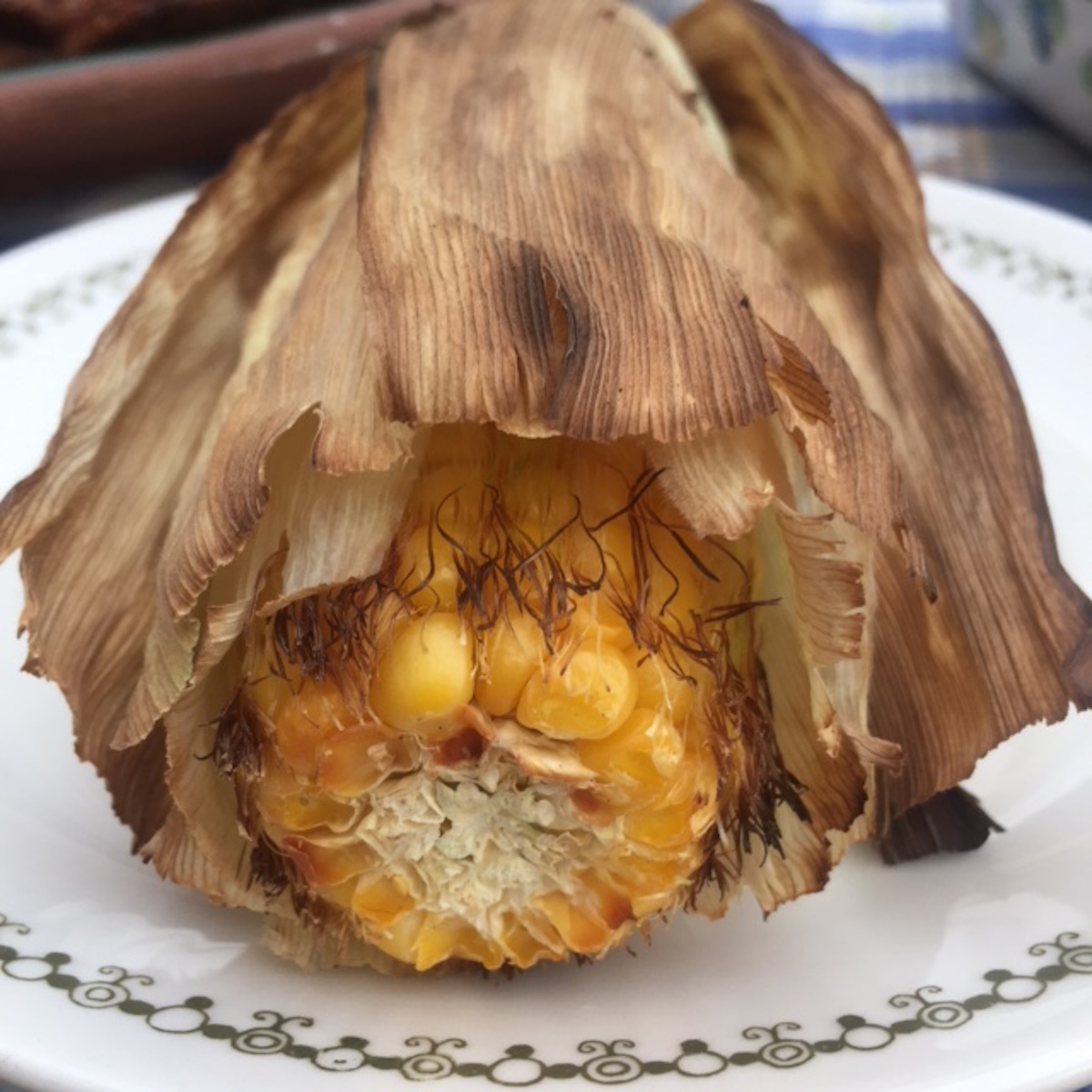
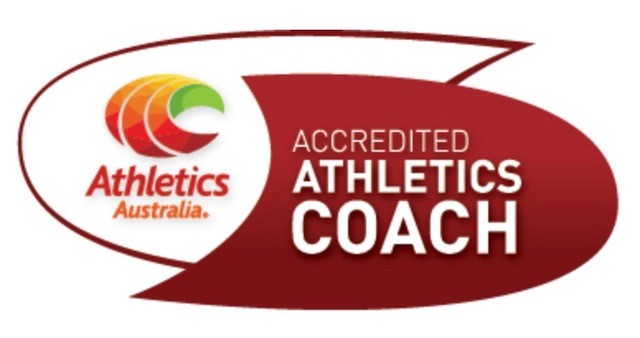


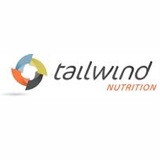

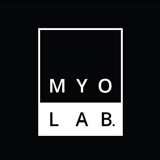

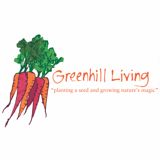
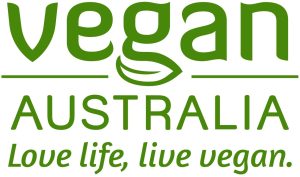

Leave a Reply